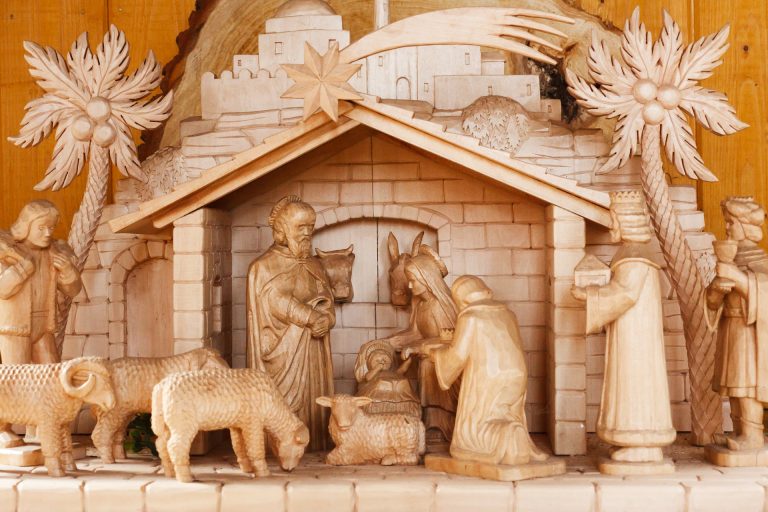By Charles K. Samson

Nazareth has a slightly enigmatic history within the Bible. We read about Nazareth in the Gospels but nowhere else in all of Scripture. Furthermore, the picture of Nazareth that the Gospels paint is not entirely clear. Mark simply states that Jesus came from Nazareth in Galilee (1:9). Matthew and Luke contain many descriptions of and references to Nazareth, but the picture that Luke paints is slightly obscure. How so? Well, archaeology has shown that Nazareth was, at the time of Jesus, no more than a small town that probably belonged to the larger village of Japhia. Luke, though, generously calls it a polis (city) (1:26; 2:4, 39). Further, Luke writes that this town was built on a mountain (4:29); Nazareth, however, was situated on a small spur of a mere hill. Based on these and other potentially problematic points, scholars have even surmised that it is likely that Luke lacked local knowledge of Nazareth.
Right from the beginning this Lucan tangent confronts us with a crucial question: what do we make of apparent tensions in Scripture, whether between differing Gospel versions or between Scripture and archaeology? To be sure, we should wholeheartedly affirm that none of these geographical disparities between Gospel and “factual” reality threatens Sacred Scripture’s inerrancy. The holy writers often spoke in general terms, according to the contemporaneous convention available to them. These terms are often less-than-precise, as seems to be the case with Luke’s description of the town of Nazareth as a city. The scholarly consternation over Luke’s possible exaggeration puzzles me; his description really should not bother us at all.
A similar dynamic is at play in another aspect of biblical Nazareth—that is, the assertion by Luke that Nazareth was the Holy Family’s hometown (2:4–5). On this note, the question can arise: wait, which was the Holy Family’s hometown—Nazareth, or Bethlehem?
From the outset, we can and should say that when what we encounter might strike us as irreconcilable disparities within the Bible, we should always give to the Word of God the benefit of the doubt and should never conclude that the Bible contains any errors! Here, a quote from St. Augustine should be emblematic for us: “If we are perplexed by an apparent contradiction in Scripture, it is not allowable to say, The author of this book is mistaken; but either that the manuscript [transmission] is faulty, or the translation is wrong, or you have not understood.”
I certainly would hesitate to dismiss Luke’s witness, much less set one Gospel’s account against that of another, and especially not to the effect of insinuating that one is unlikely to be true. What I would say is this: “home” can be spoken of in many ways, as in the place where one was born and the place where one grew up. I have no problem with sustaining that both Matthew and Luke can be correct in calling Bethlehem and Nazareth, respectively, Jesus’s home. Jesus was born in Bethlehem and grew up in Nazareth.
Fr. Charles K. Samson is a priest of the Archdiocese of St. Louis, Missouri. Drawing on his extensive experience leading the Holy Land Retreat and Pilgrimage of Kenrick-Glennon Seminary, he wrote Come and See: A Catholic Guide to the Holy Land.

